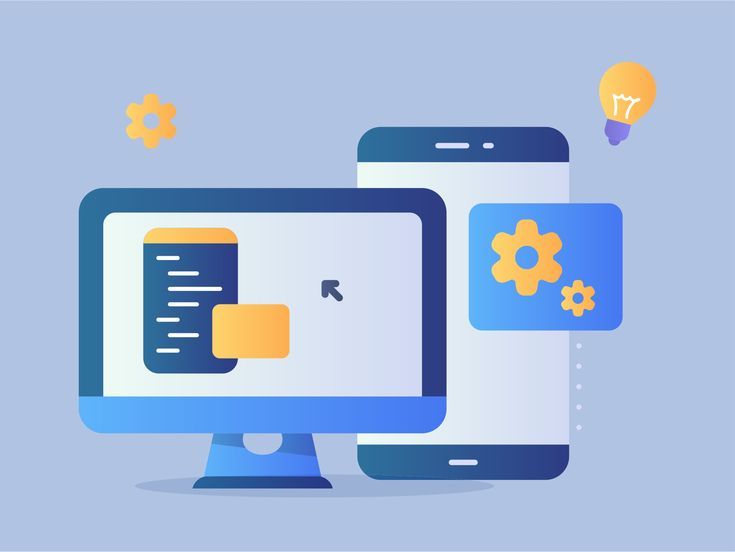
As a website owner, you have probably invested time, effort, and money into creating a great website that represents your brand and serves your customers. However, your job doesn’t stop there. To ensure your website remains functional, attractive, and up-to-date, it’s important to perform regular maintenance tasks. In this blog, we’ll discuss why website maintenance is crucial and what you can do to maintain your website.
Why is Website Maintenance Important?
Improved User Experience A well-maintained website provides a better user experience, which can lead to increased engagement, better search engine rankings, and ultimately, more conversions. Keeping your website updated with new content, fixing broken links, and ensuring all elements are working properly will create a positive impression with your visitors.
Enhanced Security Hackers and cybercriminals are constantly seeking out vulnerable websites to exploit. Regular website maintenance, such as updating software and plugins, can help protect your site from security threats. This will not only keep your site secure, but it will also give your visitors peace of mind knowing that their personal information is protected.
Better Search Engine Optimization (SEO) Search engines like Google give priority to websites that are regularly updated with fresh content. By maintaining your website, you’ll be able to add new pages, improve your existing content, and make changes to improve your SEO.
Increased Website Speed A slow-loading website can drive away potential customers. Regular website maintenance can help improve your website’s loading speed by identifying and fixing performance issues.
Cost-effective Performing regular website maintenance tasks can help prevent major issues from developing, which can be time-consuming and expensive to fix. By keeping your website updated, you’ll be able to avoid costly repairs and keep your site running smoothly.
Website Maintenance Tasks
Software and Plugin Updates Keeping your website’s software and plugins up-to-date is one of the most important maintenance tasks. Updating your software and plugins will improve the security of your website and fix any bugs that might be affecting its performance.
Backup and Restore Backing up your website is important in case something goes wrong. Make sure you have a backup of your website in case you need to restore it in the event of a crash or hack.
Content Updates Updating your website’s content is an important part of website maintenance. Make sure your content is current and relevant to your audience.
Broken Link Checking Broken links can negatively impact the user experience and your search engine rankings. Regularly checking your website for broken links and fixing them is crucial for a well-maintained website.
Performance Monitoring Monitoring your website’s performance can help identify any issues that need to be addressed. This can include checking website speed, uptime, and security.
In conclusion, website maintenance is an essential aspect of website ownership. Regular maintenance tasks will keep your website functional, secure, and optimized, which will provide a better user experience and increase your online visibility. By investing time in website maintenance, you can ensure that your website continues to be a valuable asset to your brand.


